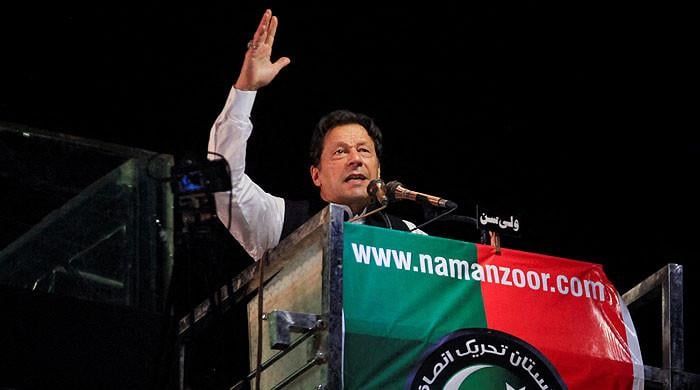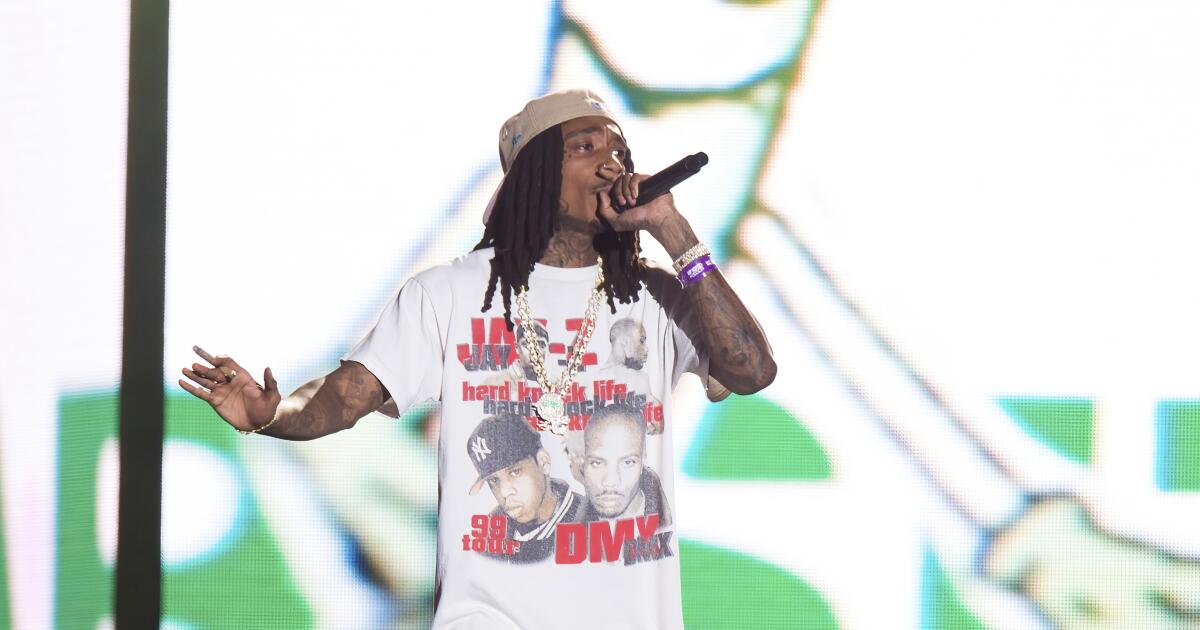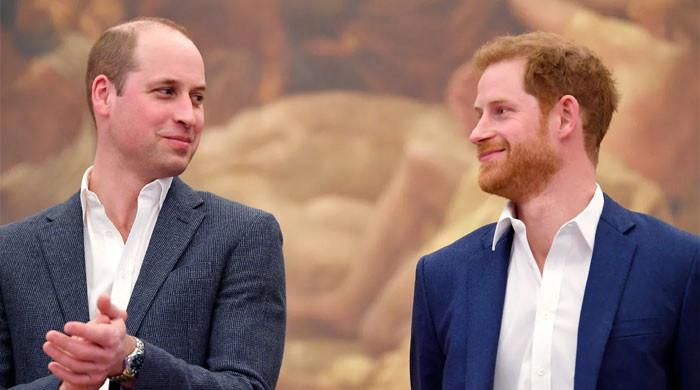The status quo had its chance until February 7 to convince people that it knew better and could solve people's problems, but it didn't.
The critical question, at least in Rawalpindi, is not who will be the prime minister or even whether the Pakistan Tehreek-e-Insaf (PTI) will be in the government or not. Both are second-order questions. The critical question is, with time running out, who does Pakistan now belong to: Imran Khan or the Pakistani voter?
The attempt to make this distinction will be seen as sacrilege by Khan's faithful, but it is perhaps the most important domestic political issue in Pakistan today. To put this distinction another way, the question is simple: Did Imran Khan win the election or did the status quo lose it?
If Pindi has concluded that the PTI's incredible performance in the February 8 elections is mainly a product of Imran Khan and his populist politics, then the effort to continue muzzling the PTI and its rank and file will likely continue. If he, instead, sees the election result as a generational expression of Pakistan's overwhelmingly young, neglected and pessimistic population taking over the status quo from the dinosaurs, then the pressure on the PTI is likely to begin to rise. give. More room is likely to then begin to emerge for the PTI to re-establish its position as a power broker.
The constant references to the current game being a zero-sum equation between individuals (military or civilian) force the analysis into a territory where personalities, like Imran Khan, are the center of gravity. They may well be. But if it is all about individual personalities and the agency of ordinary Pakistanis – like those who voted for PTI-backed independents – is seen as insignificant or subservient, then it takes a steep ladder and leaves no room for manoeuvre.
If large-scale, system-wide dynamics are more important than individuals, military or civilian, then the center of the conversation is the agency of Pakistanis, whether among the 20 million or so who voted for PTI-backed candidates , or the almost twice as many who voted for candidates who were not endorsed by the PTI.
It is clear that the dangers of populism have been central to macro-level decision-making in the country for several months. The events of May 9 were decisive in setting the course of the elections. However, the election results have become, as they should, a crucial moment. One way Pindi thinks about the election result is from the perspective of what helps fuel populism and what helps defeat it.
Populism requires the adoption of everyone, except the populist, as the enemy. This binary often forces those on the receiving end of populist grandstanding (whether social media trolling, political blackmail, or the fabrication of false narratives) to respond in kind. The in-kind response to populism is literally akin to pouring gasoline on a fire that is already raging. The populist doesn't just want you to react; the populist needs you to react. The populist cannot exist or survive without their reaction. The absence of a reaction will make a populist unable to point out his perceived adversary and say, “Look, I told you so!”
The question Pindi needs to evaluate is the extent to which February 8 was a populist wave versus the extent to which it was a referendum on the Pakistani status quo. It is quite possible that these two things are not entirely distinct, are not mutually exclusive, and cannot be fully separated. However, it is important to distinguish what was more on February 8. Was it more of a populist wave aimed at the status quo? Or was it rather a rejection of the status quo, articulated through the most convenient device available: the populism of the PTI and its leader?
If February 8 was the product of a populist wave, then the anxieties of military and civilian strategists who do not worship at the altar of the PTI will have only increased with the outcome of the elections. However unconstitutional, illegal, indefensible and immoral, the suppression of PTI votes and the denial of fair vote counting processes in numerous constituencies can be seen as an expression of these anxieties.
On the other hand, if February 8 was a product of accumulated fatigue with the status quo, then whether or not one is in favor of the PTI becomes secondary. Every party, every rickshaw driver, every leader, every vegetable seller, every farmer, every Pakistani seems to agree that the country is in trouble and needs to be governed differently. The interesting thing here would be exactly what manifested itself as the status quo for the voter in the run-up to February 8th.
It is here, at this juncture, where it becomes even clearer what February 8 really was. Voters did not see or hear from Imran Khan for months before the elections. So the claim that the main driver of voters was Khan's populism seems strange. Khan had no speaker or microphone with which he could mislead his followers. He was busy running on the treadmill of him in jail.
However, what the voter saw, heard and felt in the weeks and months leading up to the February 8 election was the broad spectrum of status quo forces in Pakistan. The interim government, despite some positive points, was a who's who of bureaucrats, judges and retired generals: literally a parade of the status quo. Judicial decisions that appeared to have been made largely to punish the PTI also smacked of status quo tactics. Arbitrary arrests and harassment of PTI workers and supporters, also the classic status quo.
Pakistan's most powerful institutions and individuals have the opportunity to correct course, this week and next. The Electoral Commission and its leaders must be held accountable, the mistakes of February 9 must be corrected, and efforts to repress citizen expression (even misinformed expression) must end. Pakistan needs a complete set of changes. None of these changes will be possible if the leaders of political institutions and parties continue to treat politics and governance as a zero-sum game.
The status quo had its chance. Until February 7, he had the opportunity to convince the Pakistani people that he knew better and could solve the people's problems. It was not so. Instead, he solved the problems of the same small fraction of elites for whom problems are always solved. The dinosaurs have had their day. This is not a problem of accounting, nor of the rule of law, nor of modernity, nor even of geopolitics. This is a timing problem. Extinction is cruel. Time is up.
The writer is an analyst and commentator.
Disclaimer: The views expressed in this article are those of the writer and do not necessarily reflect the editorial policy of Geo.tv.
Originally published in The News












